That frustrating feeling when your stomach feels like a balloon ready to pop. The uncomfortable feeling when your belly resembles a beach ball. We’ve all been there, blaming the burrito we had for lunch or the massive pizza we devoured last night. But, what if I told you that your favorite drinks might also be contributing to your bloating blues? Yes, even that fancy latte you ordered this morning.
Check out 5 popular drinks that cause bloating…
#1. Carbonated drinks
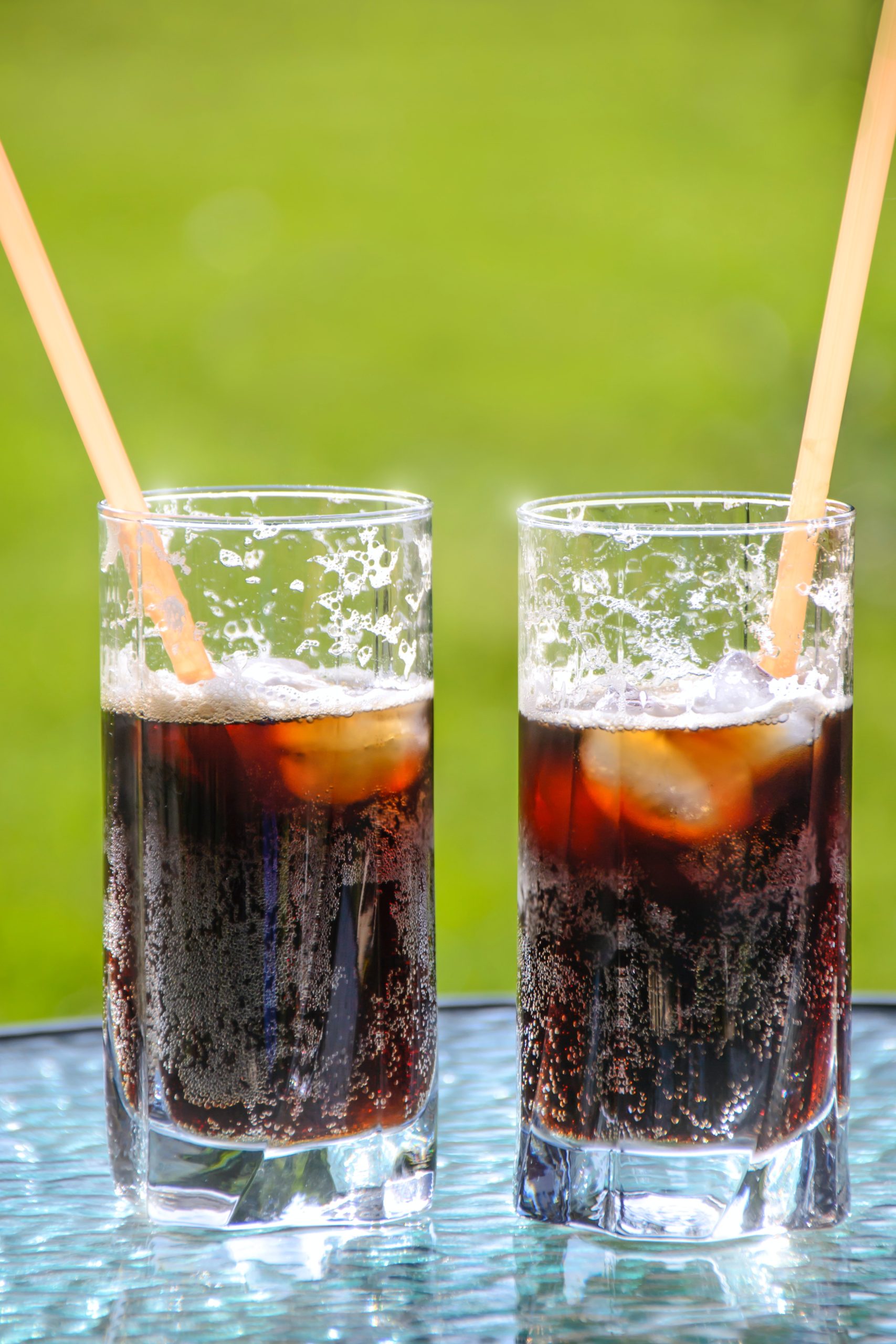
When you drink carbonated beverages like soda, beer, or sparkling water, you’re ingesting carbon dioxide gas, which is the secret behind those fizzy bubbles. Once the drink reaches your stomach, the carbon dioxide gas starts to escape, creating more bubbles and foam. Think of it like shaking a can of soda and opening it — the pressure inside makes it burst out into a bubbly mess.
Here’s where things get a little tricky. When your stomach gets filled with carbon dioxide, it has to make room for it by stretching and expanding. This stretching can cause pressure and discomfort, making you feel bloated. Plus, all those bubbles can also trigger your stomach to produce more acid, which can lead to heartburn or indigestion.
If you’ve still made up your mind not to swear off carbonated drinks, there could be a way around it. You can still enjoy them in moderation or opt for low-carbonation options like sparkling water. Plus, you can also try to drink them slowly, as gulping them down can increase the amount of gas in your stomach.
#2. High-fructose corn syrup drinks
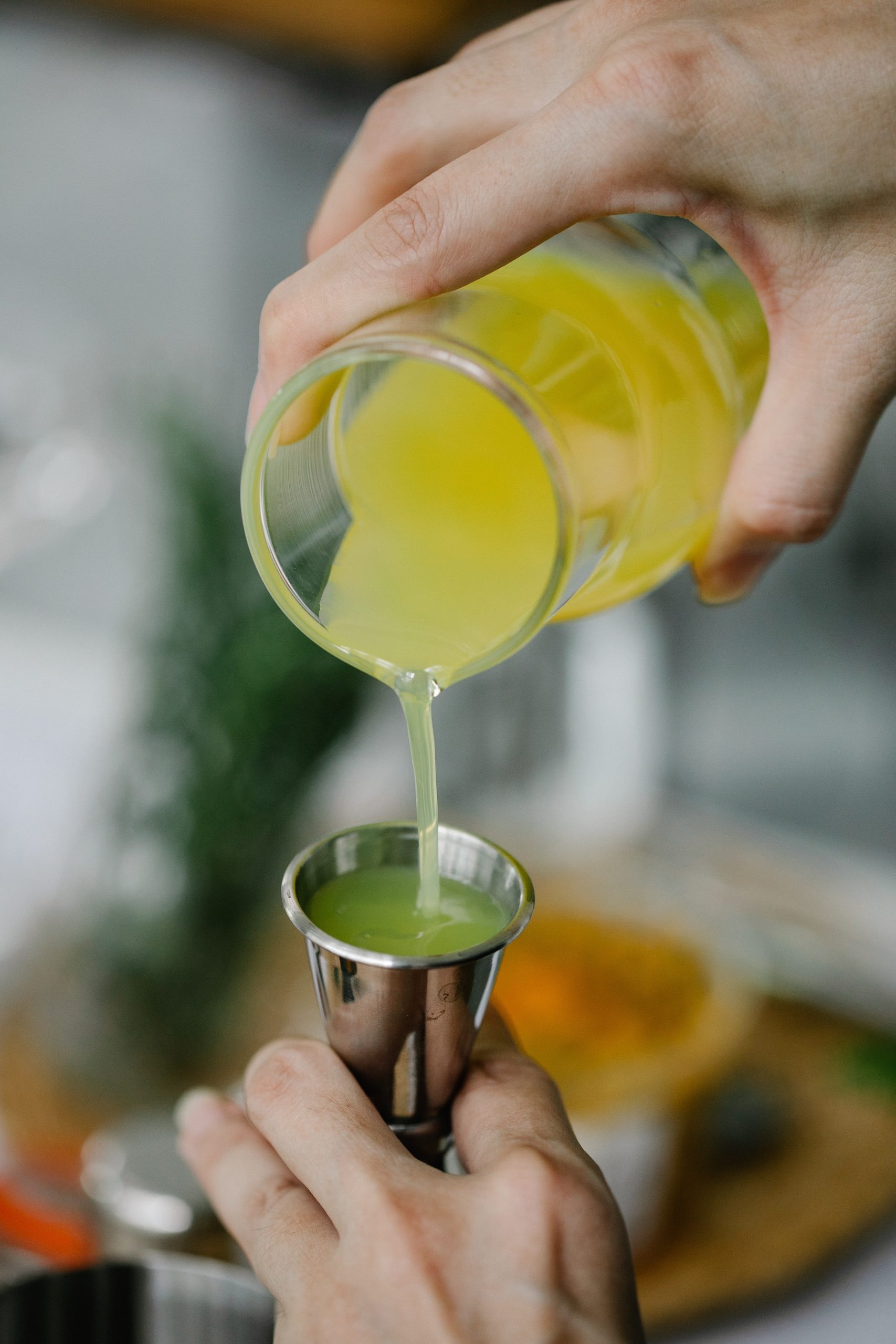
Sometimes, the culprit might be high-fructose corn syrup (HFCS), a common sweetener found in many drinks. When you ingest a drink with HFCS, your body has to work hard to break down the fructose and glucose in the syrup. Sometimes, the digestive system can’t keep up, and the undigested sugar molecules end up fermenting in your colon. This fermentation process produces gas, which can cause bloating and discomfort.
To make matters worse, HFCS can also increase your body’s production of insulin, a hormone that regulates your blood sugar levels. This surge in insulin can cause your body to store more fat, leading to weight gain and even more bloating. There are ways to reduce your intake of HFCS and prevent bloating. One way is to choose drinks that are low in added sugars or are naturally sweetened, like pure fruit juices. You can also check the ingredients list and opt for those that don’t contain HFCS. And, of course, drinking water is always a great option to stay hydrated and avoid any bloating altogether.
#3. Dairy-based drinks
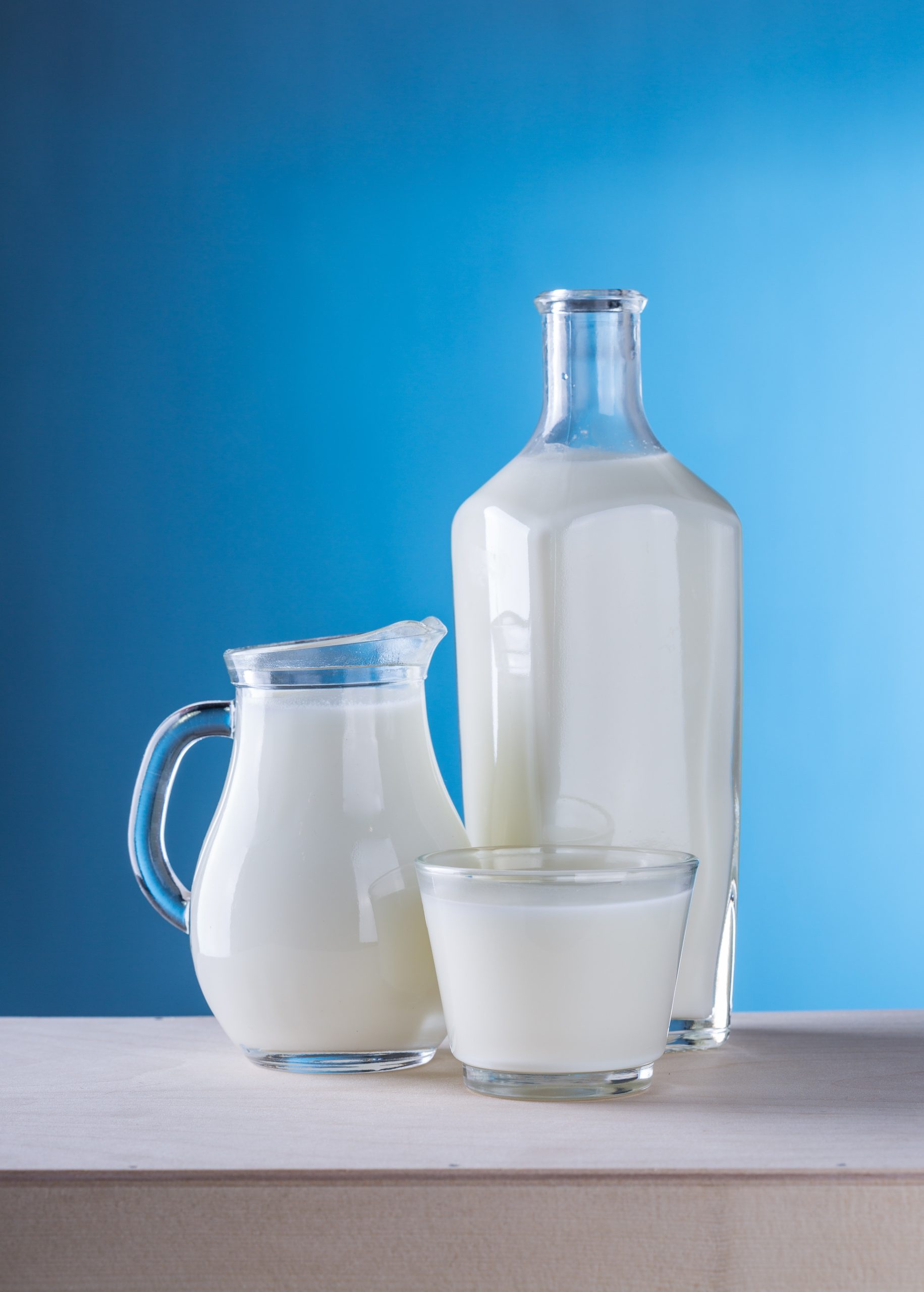
Milk and other dairy-based drinks like lattes and milkshakes can be delicious, but they can also cause bloating. Dairy-based drinks contain lactose, a natural sugar found in milk that needs to be broken down by an enzyme called lactase. However, some people are lactose intolerant, meaning that their bodies don’t produce enough lactase to break down lactose properly. When lactose isn’t properly broken down, it can cause gas to build up in your digestive system, leading to bloating, cramps, and even diarrhea.
If you’re lactose intolerant, there are still ways to enjoy dairy-based drinks without feeling bloated. You can try drinking lactose-free milk, which has the lactose removed through a filtering process. You can also try plant-based milk alternatives like almond or oat milk, which are naturally lactose-free and can be just as tasty.
#4. Artificial sweetener drinks
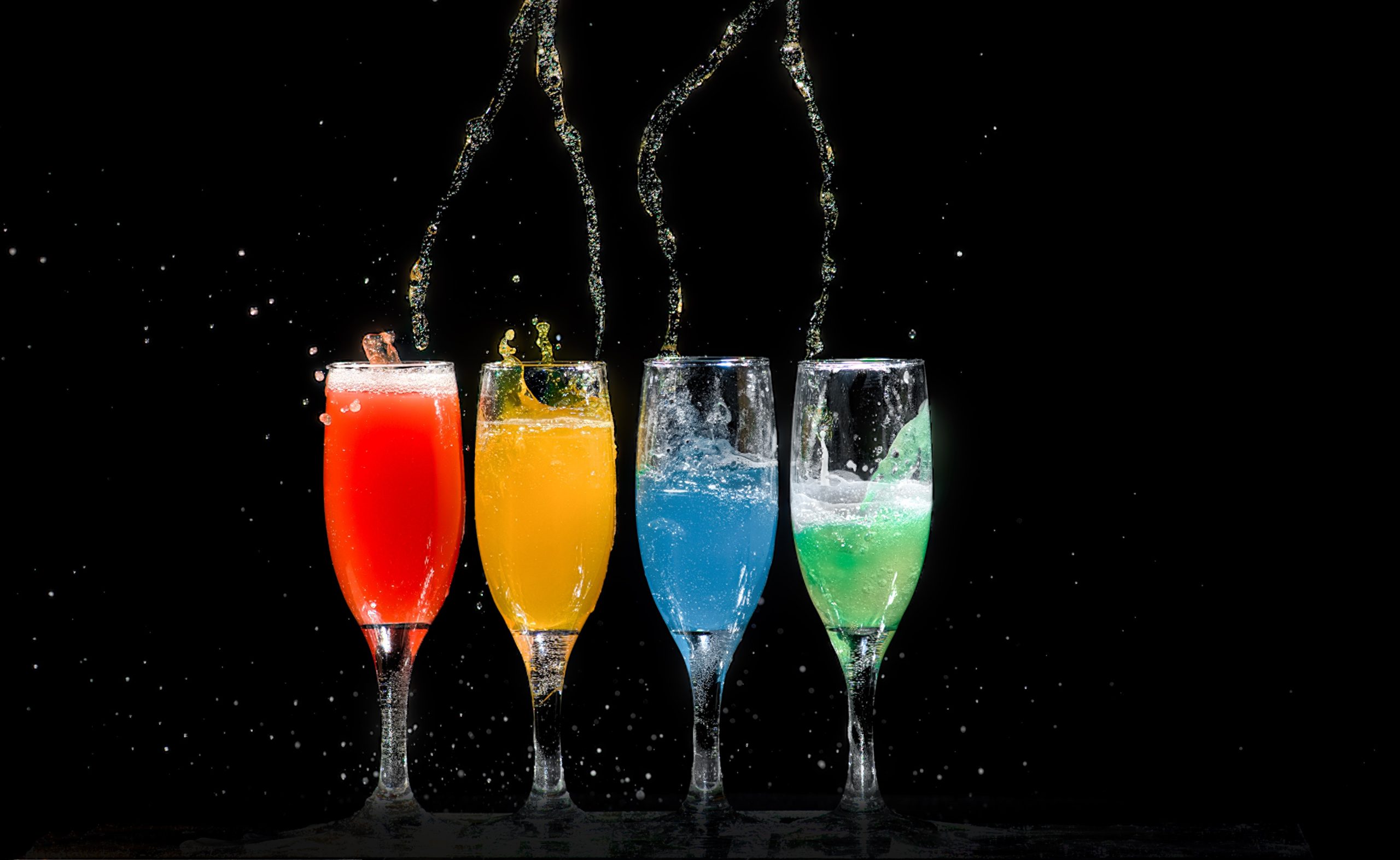
Sweeteners like aspartame and sucralose are commonly found in sugar-free drinks and diet sodas. But, they can also be a cause of bloating. When you consume artificial sweeteners, they can’t be fully broken down by your body, so they end up in your large intestine. Once they reach your large intestine, they can be fermented by the bacteria living there, leading to the production of gas. Moreover, artificial sweeteners can also increase your appetite, which can lead to overeating and further bloating.
You can try to reduce your intake of artificial sweeteners or switch to natural sweeteners like stevia or monk fruit. You can also increase your intake of fiber-rich foods like fruits, vegetables, and whole grains to promote a healthy digestive system. These drinks that cause bloating can be avoided or replaced with healthier and natural options for a better lifestyle.
#5. Alcohol
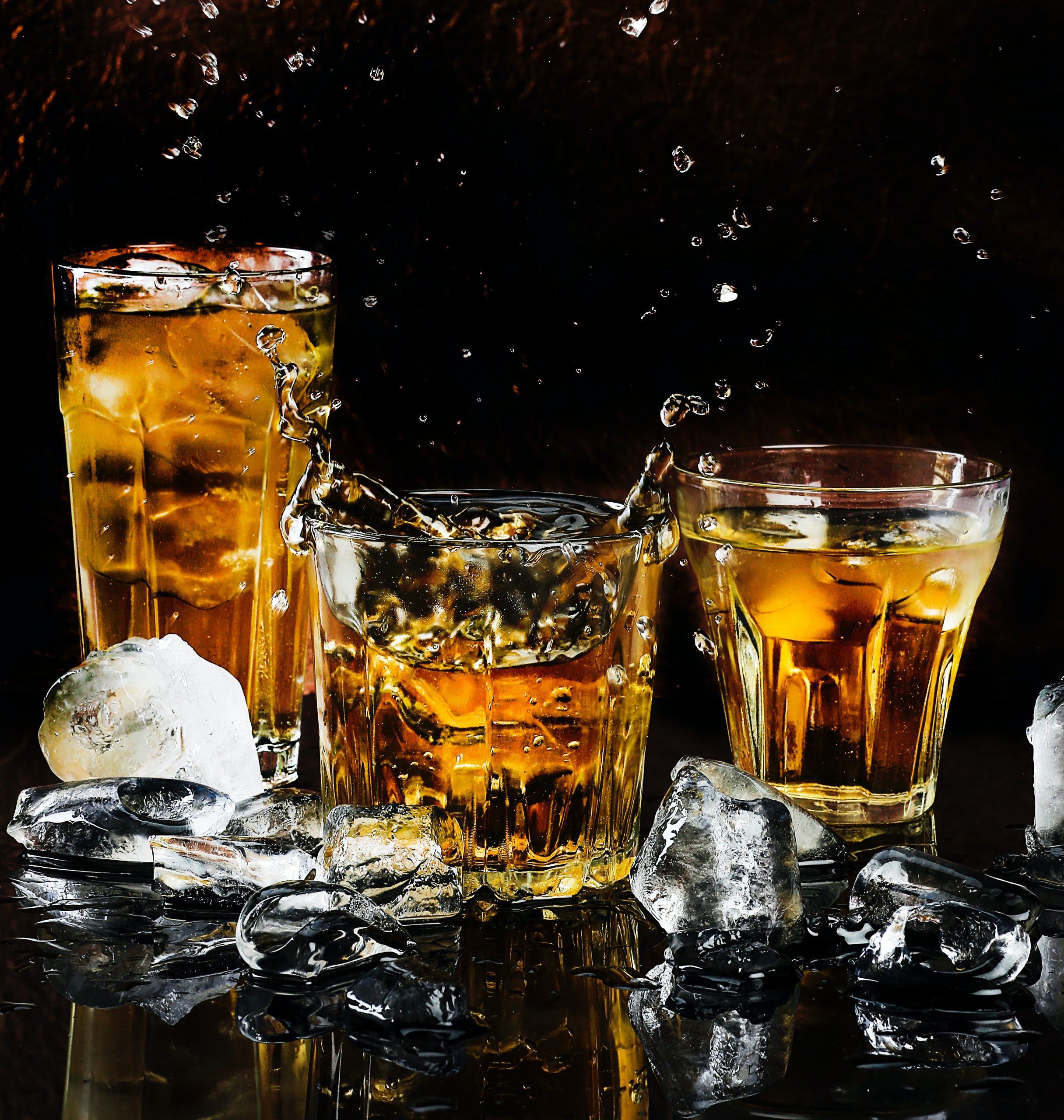
Blame it on the alcohol and this time you’re correct. Alcoholic drinks stress the liver and this could lead to bloating. After a heavy drinking spree, you’d often notice digestive unrest, and drinks like fermented wine, champagne, and beer are major culprits. Alcohol has high calories and sugars which can worsen irritable bowel syndrome.
Here are drinks you can enjoy to avoid bloating
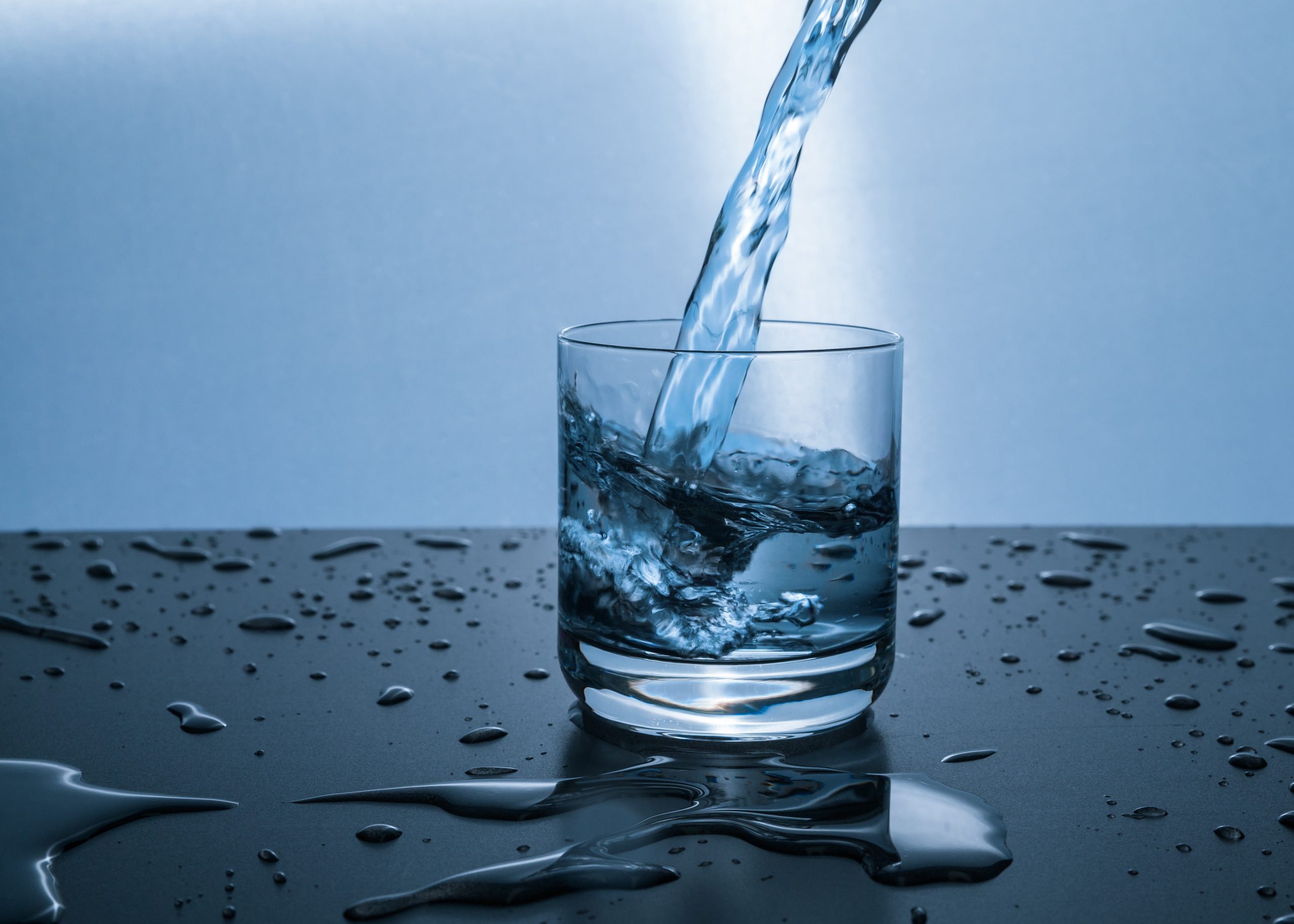
- Water: It’s the ultimate drink for staying hydrated and keeping bloating at bay. Drinking plenty of water can help flush out excess salt and toxins from your body caused by these drinks that cause bloating.
- Herbal tea: Chamomile, ginger, and peppermint teas are all great options for soothing your stomach and reducing bloating.
- Lemon water: Adding fresh lemon juice to your water can help stimulate digestion and reduce bloating.
- Coconut water: This natural electrolyte-rich drink is not only refreshing but also helps to hydrate your body and reduce bloating.
- Cucumber water: Cucumber is a natural diuretic, meaning it helps your body flush out excess water and reduce bloating. Adding slices of cucumber to your water can also give it a refreshing taste.
- Kombucha: This fermented tea contains probiotics, which can help balance the bacteria in your gut and keeps bloating at bay.
Remember, the key to avoiding bloating is to stay hydrated and to avoid drinks that are high in sugar, artificial sweeteners, or lactose. By choosing the right drinks, you can help keep your stomach happy and healthy.
For the latest in fashion, lifestyle, and culture, follow us on Instagram @StyleRave_
This is a Style Rave original content exclusively created for our readers. If reproduced, distributed, transmitted, cached, or otherwise used by any other publishing house or blogs, such use should provide a direct link to this source article. Use of and/or registration on any portion of this site constitutes acceptance of our Terms & Conditions and Privacy Policy.
—Read also
























































![Key Metrics for Social Media Marketing [Infographic] Key Metrics for Social Media Marketing [Infographic]](https://www.socialmediatoday.com/imgproxy/nP1lliSbrTbUmhFV6RdAz9qJZFvsstq3IG6orLUMMls/g:ce/rs:fit:770:435/bG9jYWw6Ly8vZGl2ZWltYWdlL3NvY2lhbF9tZWRpYV9yb2lfaW5vZ3JhcGhpYzIucG5n.webp)
















